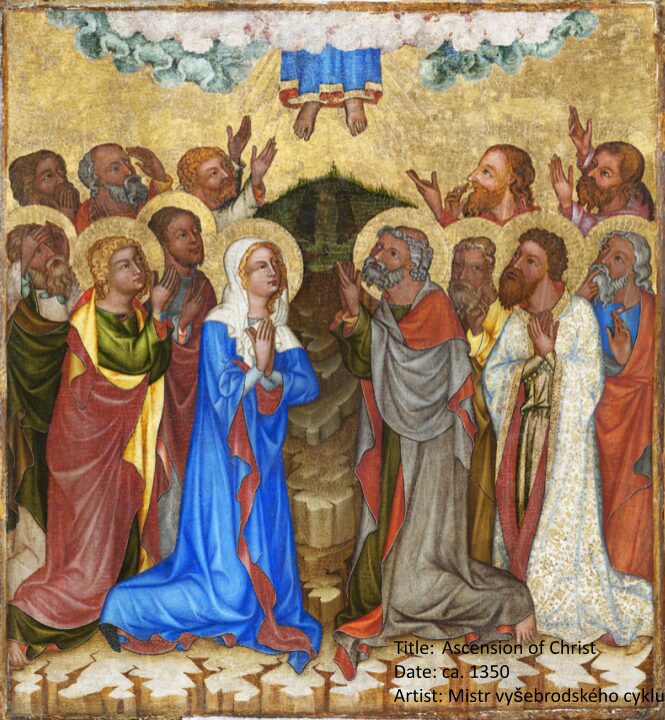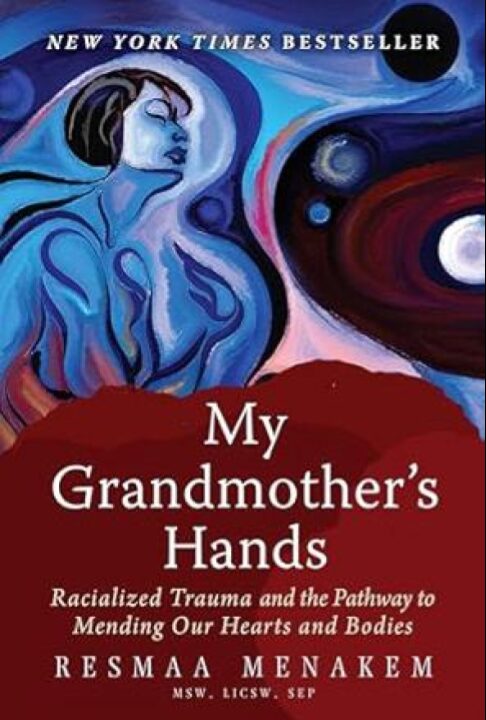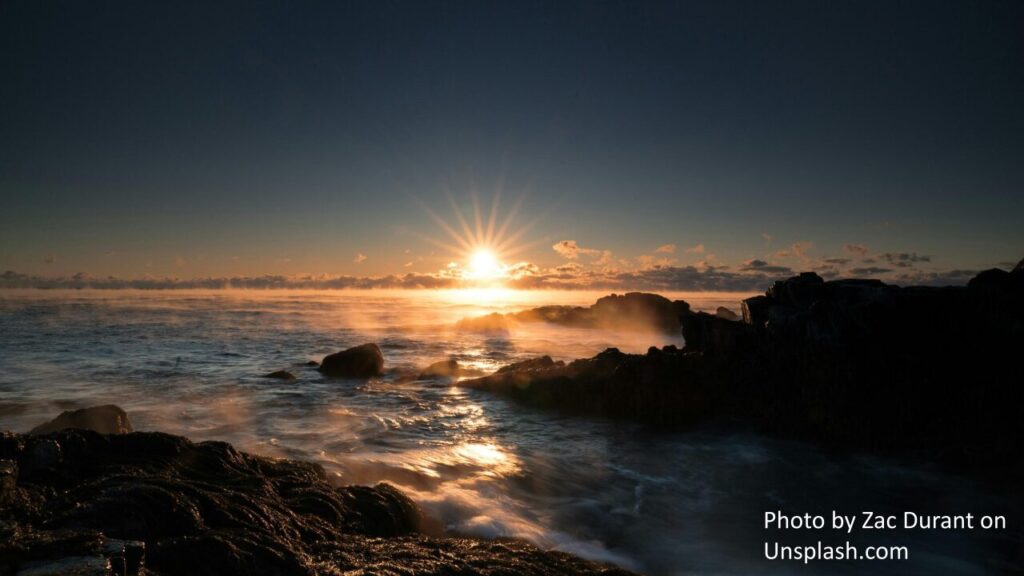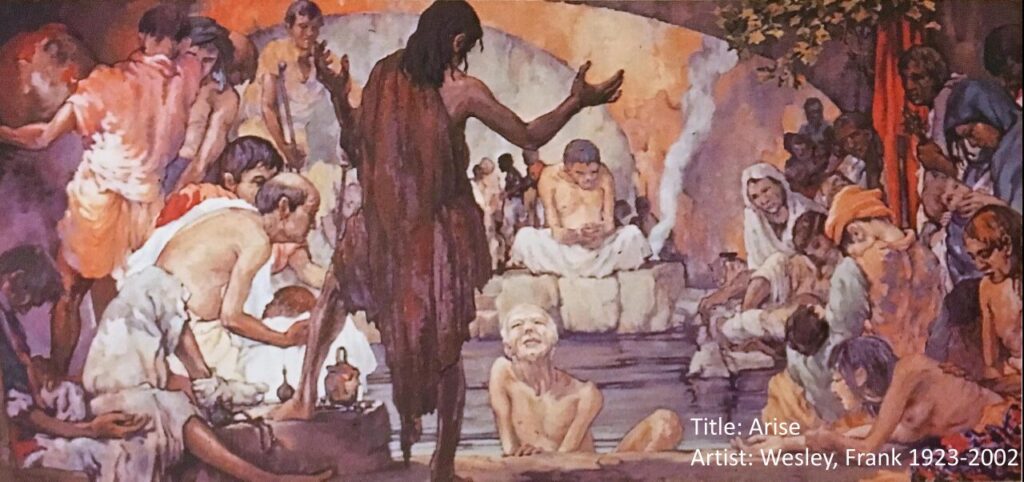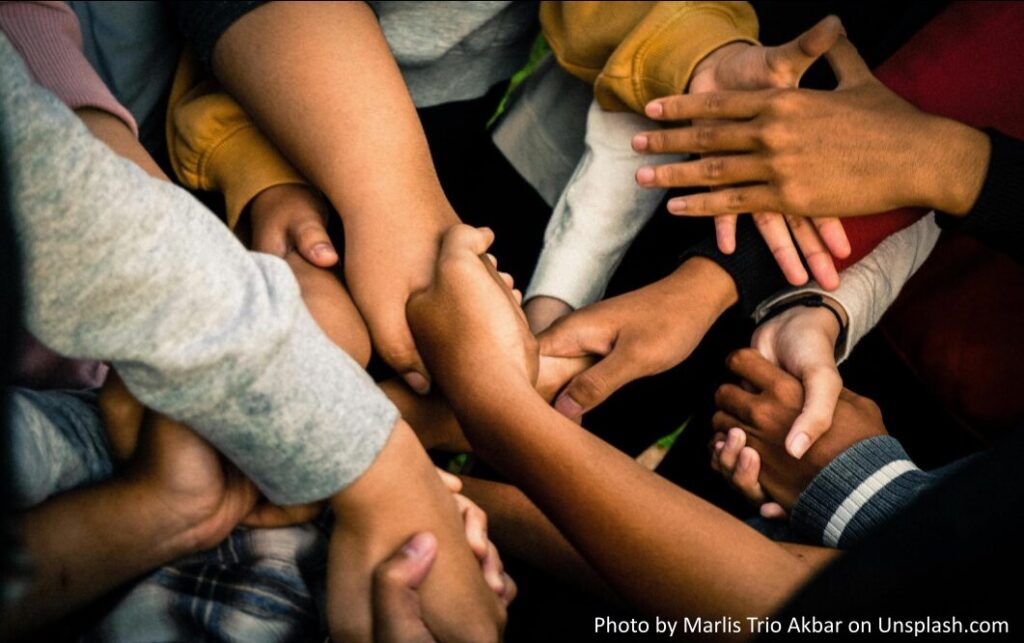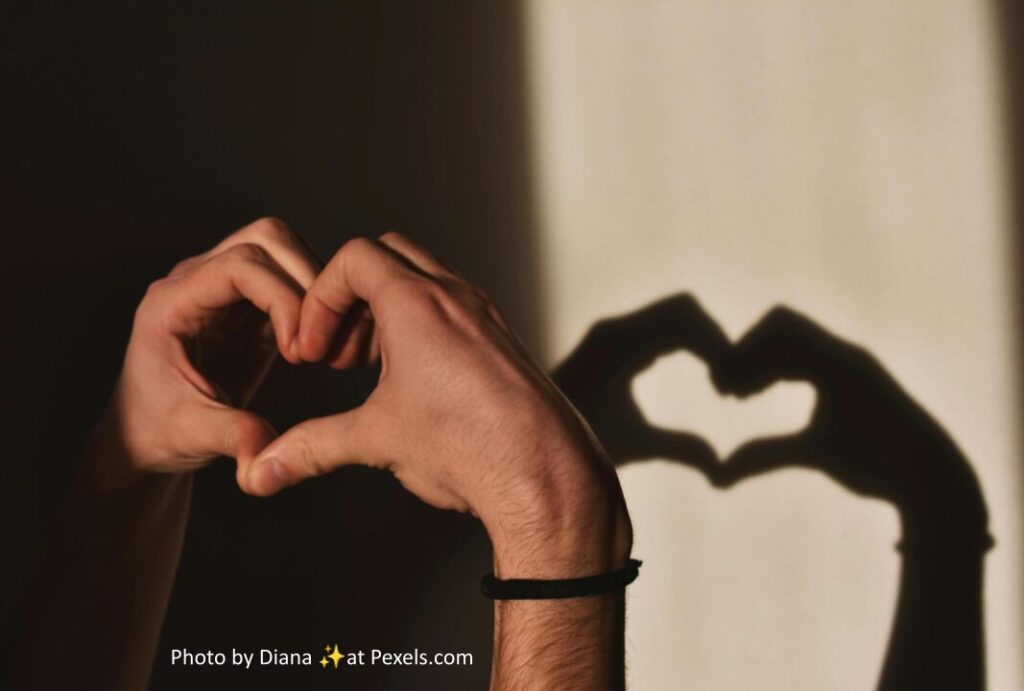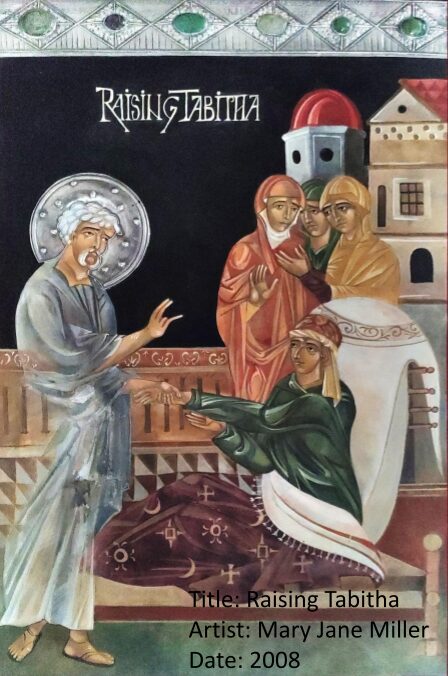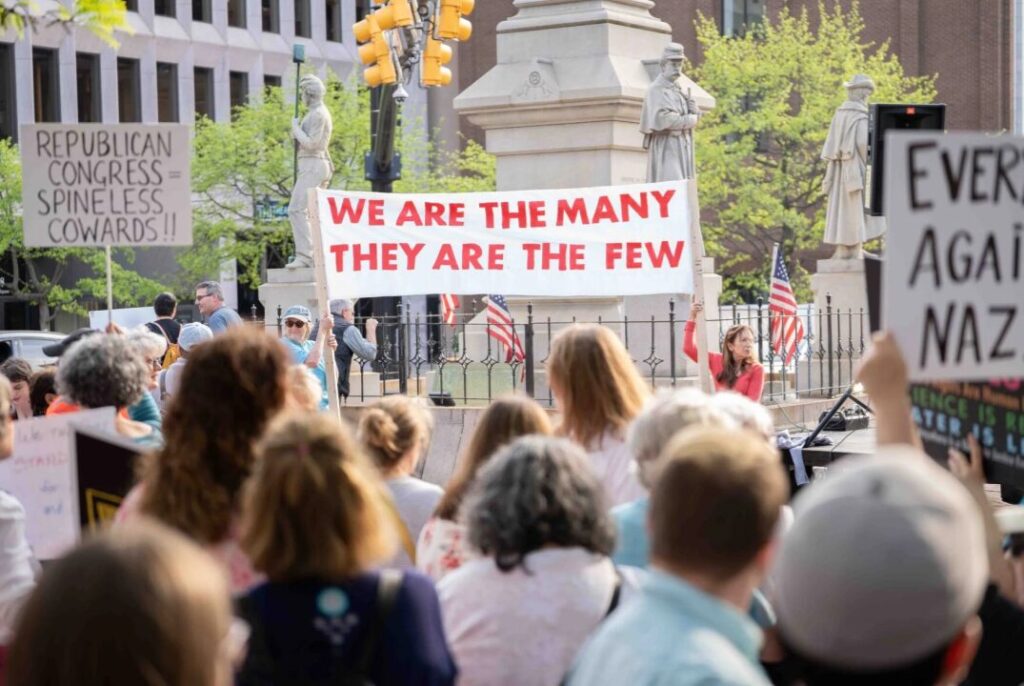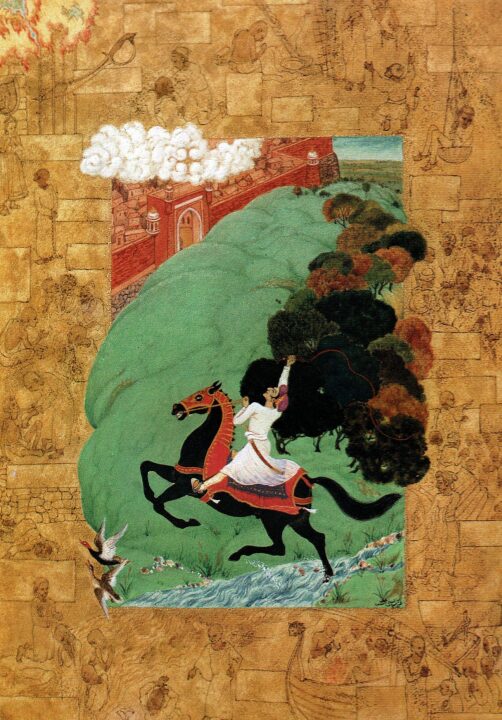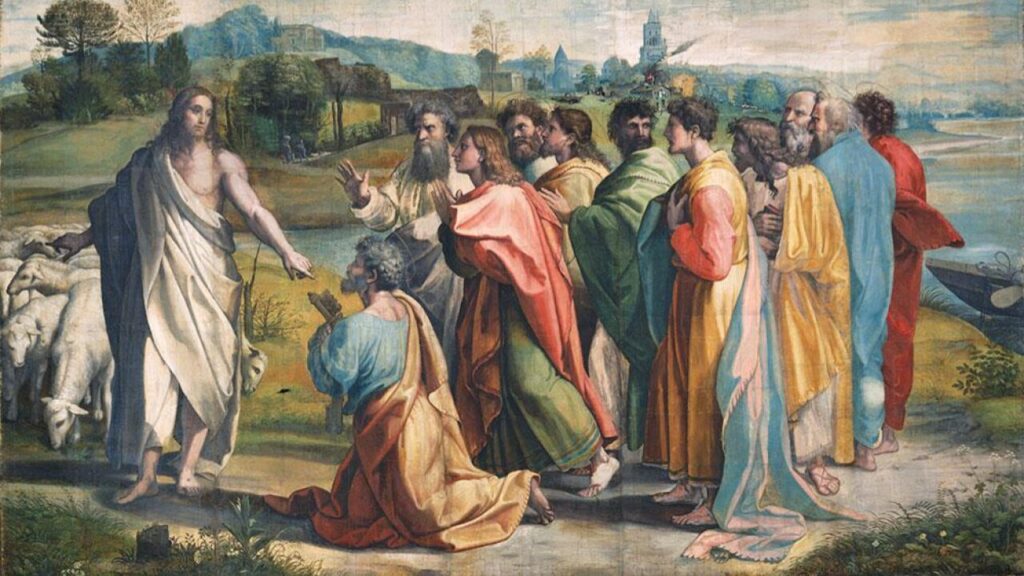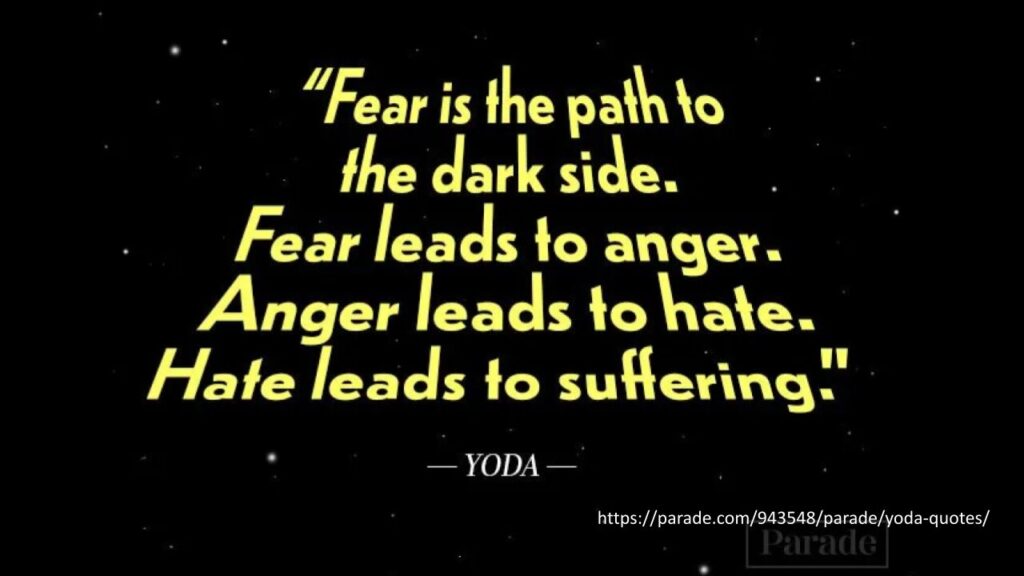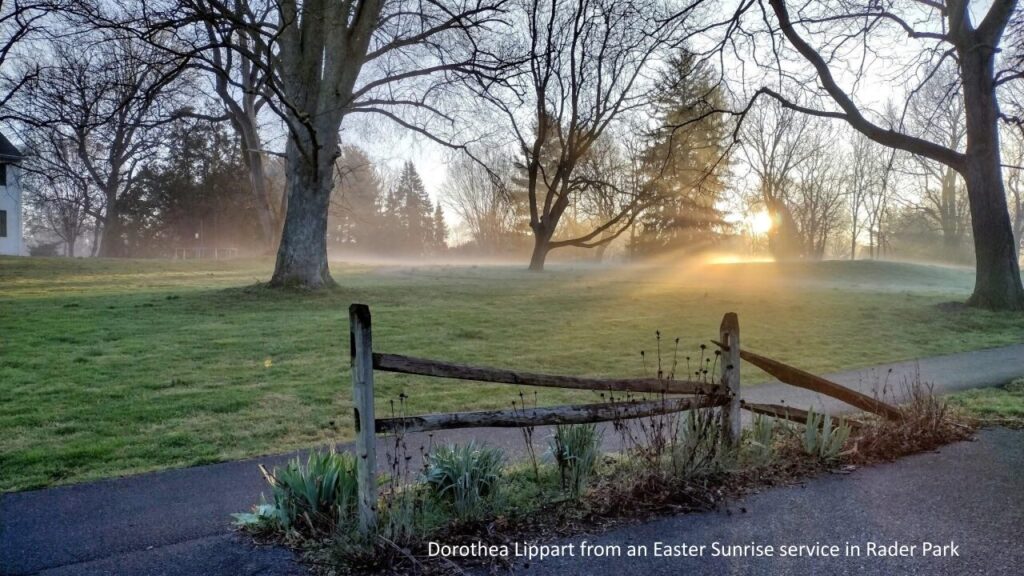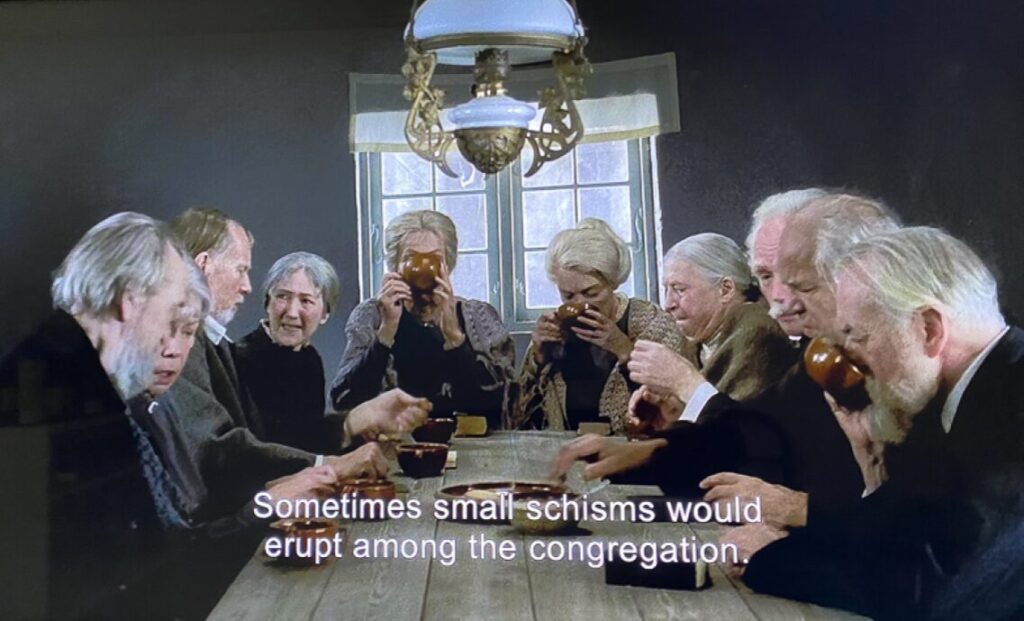The Freedom to Be Filled
I was going to talk about the spirit and how the spirit is experienced differently in today’s scriptures, Acts 2:1-6 & John 14:8-17 and 25-27. But something wasn’t sitting with me.
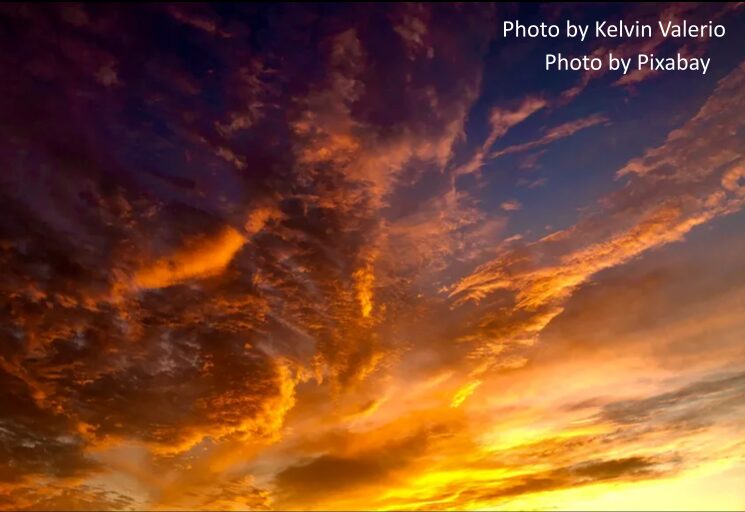
I’m going to call that the spirit wasn’t sitting with me. I even woke up this morning and said, “This isn’t the sermon I want to do.” Which is kind of scary on the day that you’re gonna do it. But it opened me to read my email, and in my email, I found a very heartfelt, but serious email from Rabbi Jack Paskoff letting me know just how afraid the Jewish population is right now. After this, we just had the attack in Washington not too long ago, and then there was the attack in Colorado, and I knew that the attack in Colorado left me almost numb with grief.
I’m sharing this because as Christians. We have had a habit of saying that our beliefs trump theirs. That’s where we started, but now we know better. It sets up this hierarchy. Like they’re not as evolved, they just haven’t come to the belief or faith that we have. That is the understanding within Christianity that fuels antisemitism. And right now in our country, there are so many people hurting, and there is this permission to be cruel and hateful that the church cannot abide with.
That is not who we’re called to be on any level. We need to remember that as we talk about our faith, as we talk about Christ, as we talk about Pentecost.
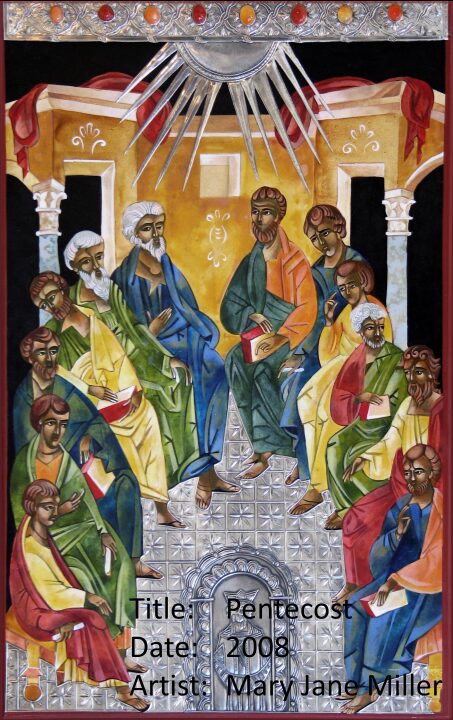
We often talk about Pentecost strictly as the birth of the church. As if we came up with this all by ourselves. But, the Jewish people already had a holiday and we took it and called it something different. Their holiday is Shavuot. It celebrates the spring harvest, the barley harvest, I think it was specifically.
They read the Book of Ruth. Now, two things about that to make note of. Shavuot is 50 days after the second night of Passover. But by celebrating Ruth, she became one of the ancestors of King David. They get King David because of Ruth.
But Ruth was not born of Jewish heritage. You can convert to Judaism, and it means that it’s more inclusive. Judaism itself is more inclusive then we give it credit for.
Then we use this term Pentecost, Penta meaning five. Pentecost is supposed to be 50 days after Easter, and you’re going, “wait a minute, it’s been eight weeks. That’s not 50 days.” But we don’t count the Sundays because we need to make it complicated. Pentecost is supposed to be the gift of the Holy Spirit, and the Holy Spirit’s been with us since the beginning.
We talk about that in Genesis 1. The word for the pronouns we use for God are all plural. I hope you’ve noticed that. If not, go back and read Genesis one again, and you’ll be surprised. We talk about those plural pronouns, saying that it is because God is plural. We have a plural understanding of God in that we have God the Father, God the Son, God the Holy Spirit, or the Creator, Redeemer Sustainer. That’s one of the reasons we are sometimes accused by other religions of not being monotheistic. That’s the whole Trinity piece. That’s next Sunday, come back and we’ll try to try to unpack how we have one God that we know in three different ways.
In Proverbs 8, the spirit is described as wisdom. Wisdom was there from the beginning. a All of this is trying to come together. Maybe not very clearly, but in a way that is part of it because the spirit is mystery.
I was going to start this sermon by saying, “How do you experience the spirit of God or the Holy Spirit?”
In our scripture, Acts 2:1-8, it comes as this rushing wind and fire. There are flames, tongues of flame up above everybody’s head. Suddenly this group of people, who would’ve been gathered in Jerusalem because of their festival. According to Luke’s version, it’s this large group of people who suddenly, because of the Holy Spirit, can understand one another in languages they didn’t know. It’s this inclusive nature of Christianity.
The point is that everybody there was able to communicate and be together. Then, they decided this was so good that they needed to live together, and they chose to call themselves followers of the way. The name ‘Christians’ came much later. They were followers of the way, and they chose to live together to share their things and to create a whole different way of being. That attracted people. People wanted to have what they had. To know that spirit that calls them to be loving, compassionate, and caring. That’s the same spirit that in John 14:8-17 and 25-27 was being promised.
But, in John 20, according to John’s gospel, it happens in the upper room when Jesus breathes on the disciples. It’s a breath.
So, whether the spirit comes to you as the breath of God that enlivens you and brings humanity to life. From the very beginning, we are breathed on again to put more and new energy into us, and all of this breathing, all of this inclusion. It’s all about relationships. It’s all because from the very beginning, God has been trying to be in a relationship with humanity. And humanity has constantly done otherwise.
But God continued to speak and God spoke through the priests, God spoke through the prophets, and we continued to say that when things were going wrong, we needed God on our side. But, when the storms cleared, everything’s great now, we got this. Our story is that God finally decided to come and be one of us, that we just weren’t getting it. And so God came and took on this body because then God was relatable. God was one of us, and yet still wasn’t enough for us. We rejected that God, crucified that God, and God still came back and said, “I’m going to make sure that my spirit is in all of you, so that everyone has the opportunity to follow God.”
The question is whether we choose to or not? Do we choose to listen to that still, small, forever speaking voice?
Maybe it’s this energy in us that’s telling us something’s wrong? Something’s not right here. The way I’m supposed to live, I need to do something. If you have that kind of energy within you, I call it a nudging, but sometimes it’s a bit stronger than a nudge. God’s given me a head slap once or twice. Because I, too, can get caught up in what I want and what I think is important, but it’s not about me, and it’s unfortunately, not about you. It’s about our relationship with God.
I do mean OUR relationship, because we have our relationships, but we need the body. We need the group because it’s within the group that we keep ourselves on track. It’s within the group that when one of us is falling apart, the group can come together and be the hands and feet of Christ. That’s why we come together. We gather each week because life is hard.
I get frustrated and depressed watching the news, and I need to come together with the rest of you so that I remember who I am, that I remember who God is, and our reform traditions. We believe God’s got this. We just keep going because God loves us and cares about us, and we, too, love and care about others. So when we see someone who’s being picked on, we reach out to them.
God calls us to be those people, and God calls us to have a little bit of fun. So we’re we’re going to close this sermon with having some fun.
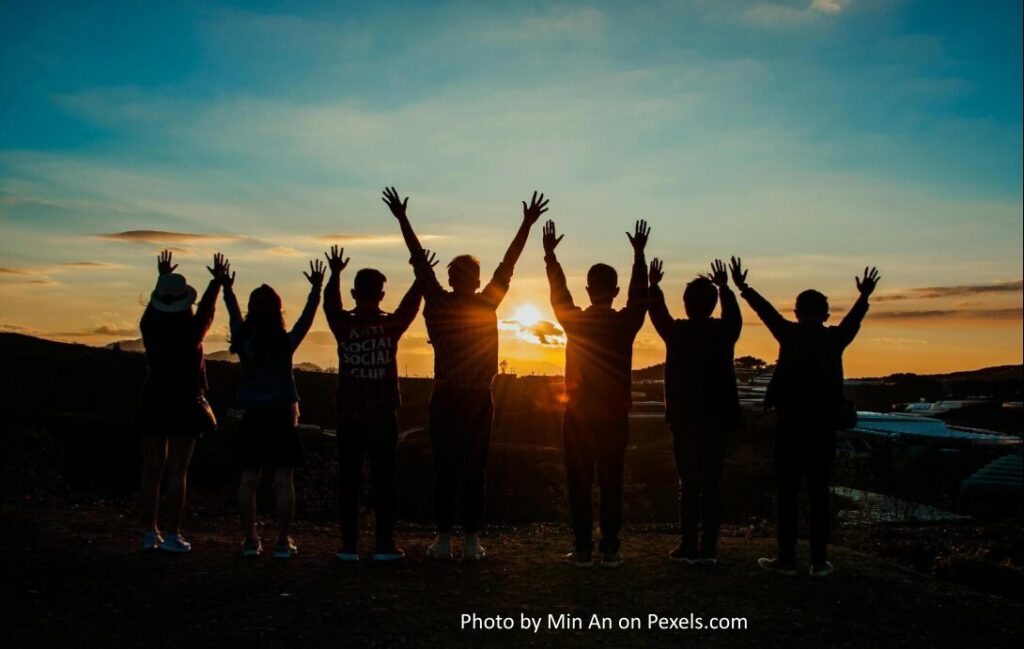
I know that some of you are now panicking, asking, “what is she going to have us do?” You are going to be the spirit. Because today for Pentecost, the spirit came as a rush of a mighty wind. I’m gonna have you breathe and ask, “Who?”
Every time I say the word spirit, that’s what we’re gonna do. “On that day, the Spirit broke through every barrier, language, culture, fear, and doubt. That day, the Spirit turned hiding into preaching, confusion into clarity, and death into life. That was just the beginning because the Spirit kept moving through baptisms, through brave words, through acts of love and justice. The Spirit did not stay in the upper room or the temple. The Spirit moved into hearts and homes and every corner of the world. Today, the Spirit is still moving, still breaking barriers, still breathing hope, still calling you, calling each of us. So if you wonder, am I ready? Am I good enough? Am I brave enough? Remember Pentecost, and remember this: you don’t have to be perfect. You just have to be open because the Spirit is already moving.
Will you let the Spirit move in You?”
May it be so. Amen.
Like this Sermon? Click Here to View More in this Series
Prefer to Listen to this Sermon? Click Here to Listen to our Being Apostles Podcast
